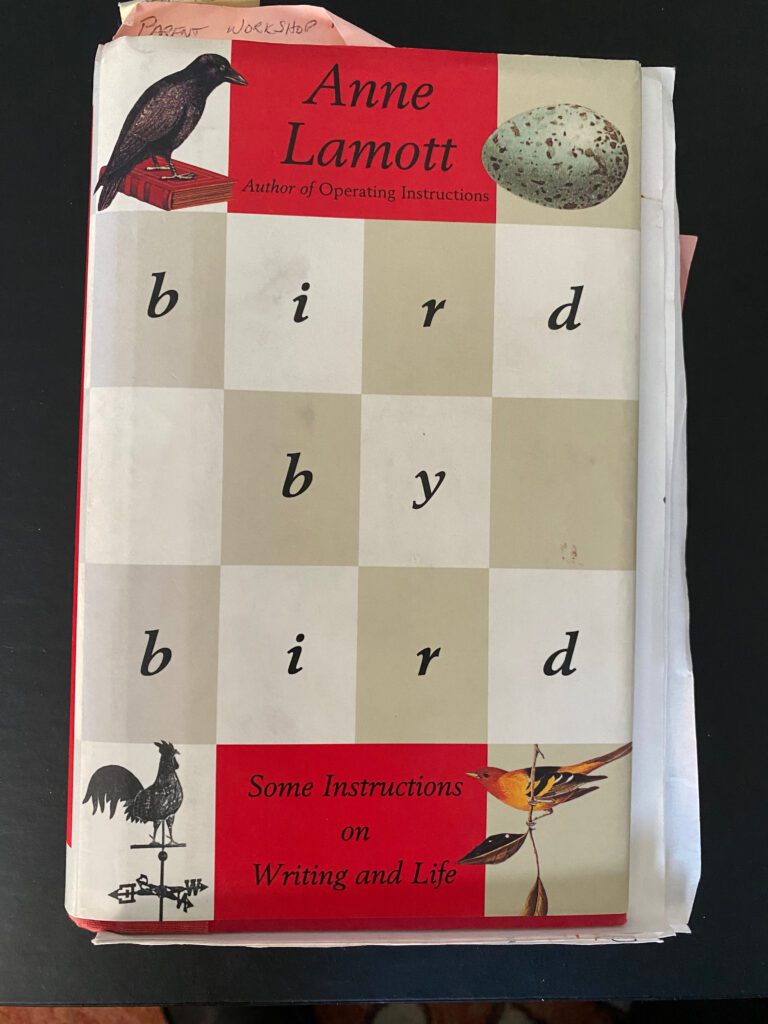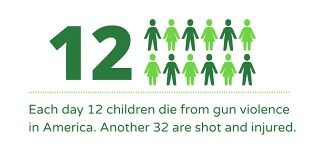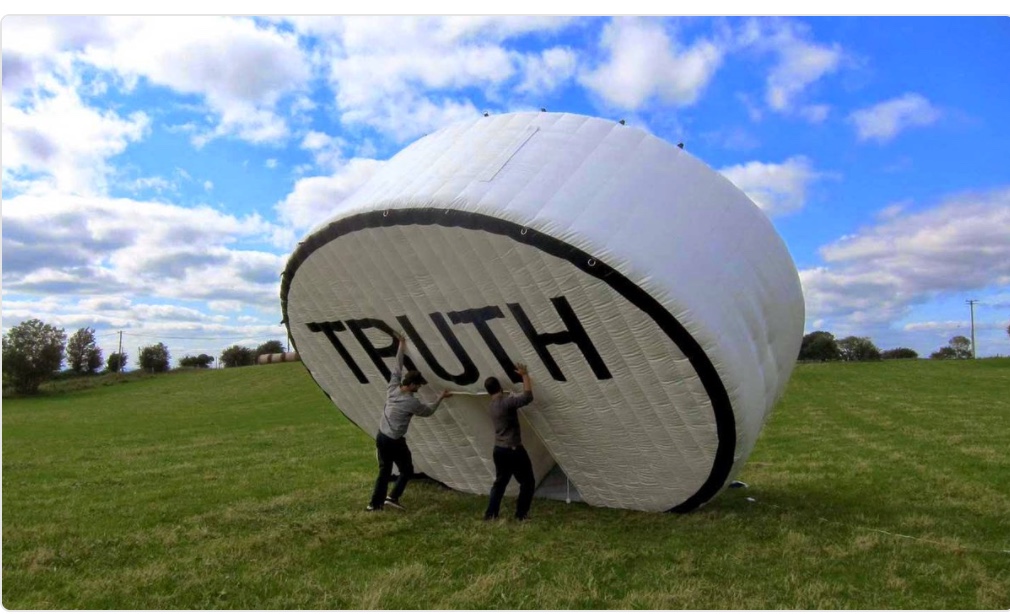Writing, Reading, Technology & The Humanity of it All
“…in the meantime, we are going to concentrate on writing itself, on how to become a better writer, because, for one thing, becoming a better writer is going to help you become a better reader, and that is the real payoff.”
Anne Lamott, Bird by Bird; Some Instructions on Writing and Life
Several years ago, while co-teaching a high school humanities class, I was also doing graduate research on the relationship of writing, both formal and informal, impacted a student’s ability to read and think critically. The connection interested me in since reading William Zinsser’s book, Writing to Learn, and provided a reference for my own core teaching and writing beliefs. My thoughts on the teaching of writing continue to evolve given the reading and writing options available today including AI options like ChatGPT, Grammarly, and Rytr; but no matter what new technologies impact the writing landscape, there are two claims by Zinsser on writing for me that should always remain at the forefront for determining the value of writing.
Zinsser’s first claim was “Writing and thinking and learning were(are) the same process.” Relative to this notion, he went on to note “writing across the curriculum isn’t just a method of getting students to write who were afraid of writing. It’s also a method of getting students to learn who are afraid of learning.” His second claim was, “ Writing is thinking on paper. Anyone who thinks clearly should be able to write clearly…” So, how do those claims about writing translate in a 21st Century world that offers a range of technology that potentially marginalize or even eliminate paper in many cases?
In classrooms, I have observed students who write and think better through the keyboard and screen, as well as students who respond better with a pencil or pen in hand to paper for developing their thinking regarding matters important to them or make meaning of the reading being done. Then there are pencils for tablets and voice options for ‘writing’ as well that are part of the equation. However, options available for writing and reading face a number of obstacles (standardized testing/assessment, outside demands on instructional time, etc.) that have limited the informal writing experiences across disciplines providing conditions and motivations for reading and shared thinking. It’s the informal writing experience done in journals, as drafts, or in the margins of notebooks/textbooks(paper & digital) that promote deeper thinking and greater inquiry. Writing as part of an assessment is the product of one’s thinking; but discounting informal writing opportunities that precede any assessment places limits and ceilings on that thinking.
…
Writing, Reading, Technology & The Humanity of it AllRead More »
Writing, Reading, Technology & The Humanity of it All Read More »




